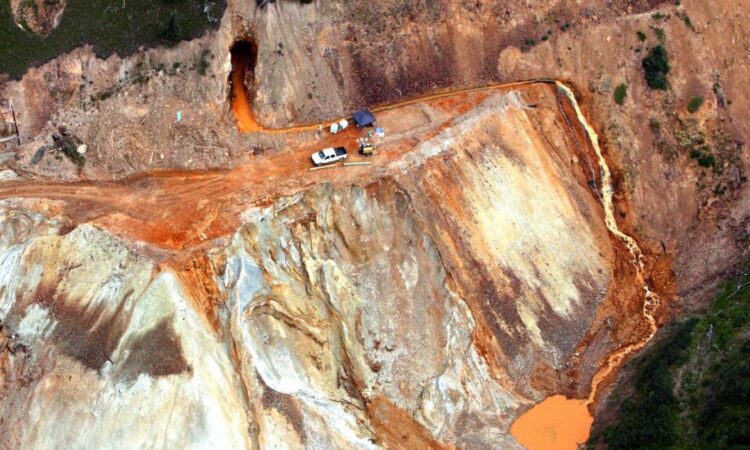
The financial sector needs a separate law to impose environmental and human rights obligations after being excluded from a December deal, says a draft seen by Euronews.
Banks should be forced to check the environmental and human rights impacts of their clients, according to a draft EU statement seen by Euronews.
Lawmakers and governments are set to push for further legislation to cover the financial sector, after it was carved out from the Corporate Sustainability Due Diligence Directive.
The Directive requires major companies to check their supply chains for environmental and social issues – but, under the deal struck in December, that wouldn’t include the “downstream” partners of financial companies.
That would mean banks don’t have to check the human rights records of the clients they lend to, and funds wouldn’t have to look into the companies they invest in – an exemption which has left many unsatisfied.
“Financial undertakings, as companies in other economic sectors, should contribute to protecting human rights and the environment, which are core values of the Union,” said a draft statement to be made by the European Parliament and Council, seen by Euronews.
The statement, dated 24 January and circulated to national officials by the secretariat of the Council, which groups EU member states, says there’s a “necessity” for further legal requirements to ensure the sector aids the transition to a sustainable economy.
The draft legislative text seen by Euronews calls for the European Commission to send a report and draft legislation “at the earliest possible opportunity” after the Directive takes effect, and the draft statement calls for a formal update by June 2025.
That would make it among the opening acts of the incoming EU executive, which is set to take office in November.
A source briefed on talks confirmed the statement fulfils tentative agreements made in December, suggesting it’s likely to become the EU’s formal position, with elections looming in June.
Asset managers and lenders were left out of the directive at the behest of countries such as France, Germany and Luxembourg, who argued it was a poor fit for financiers and could harm pension funds.
But the carveout drew criticism from the European Central Bank’s Frank Elderson, a banking supervisor who said the sector shouldn’t get special treatment, as well as environmental activists such as the World Wide Fund for Nature.





